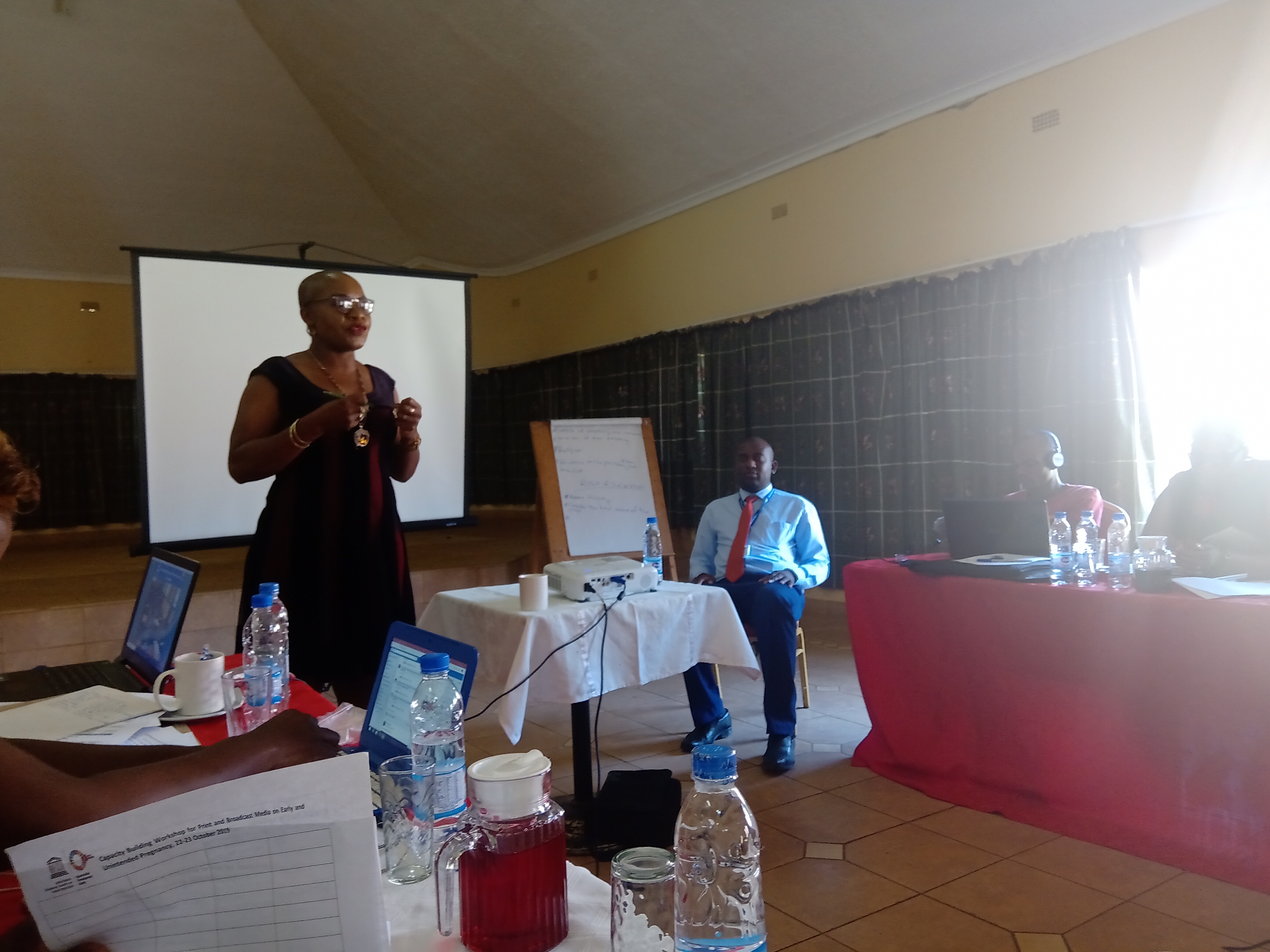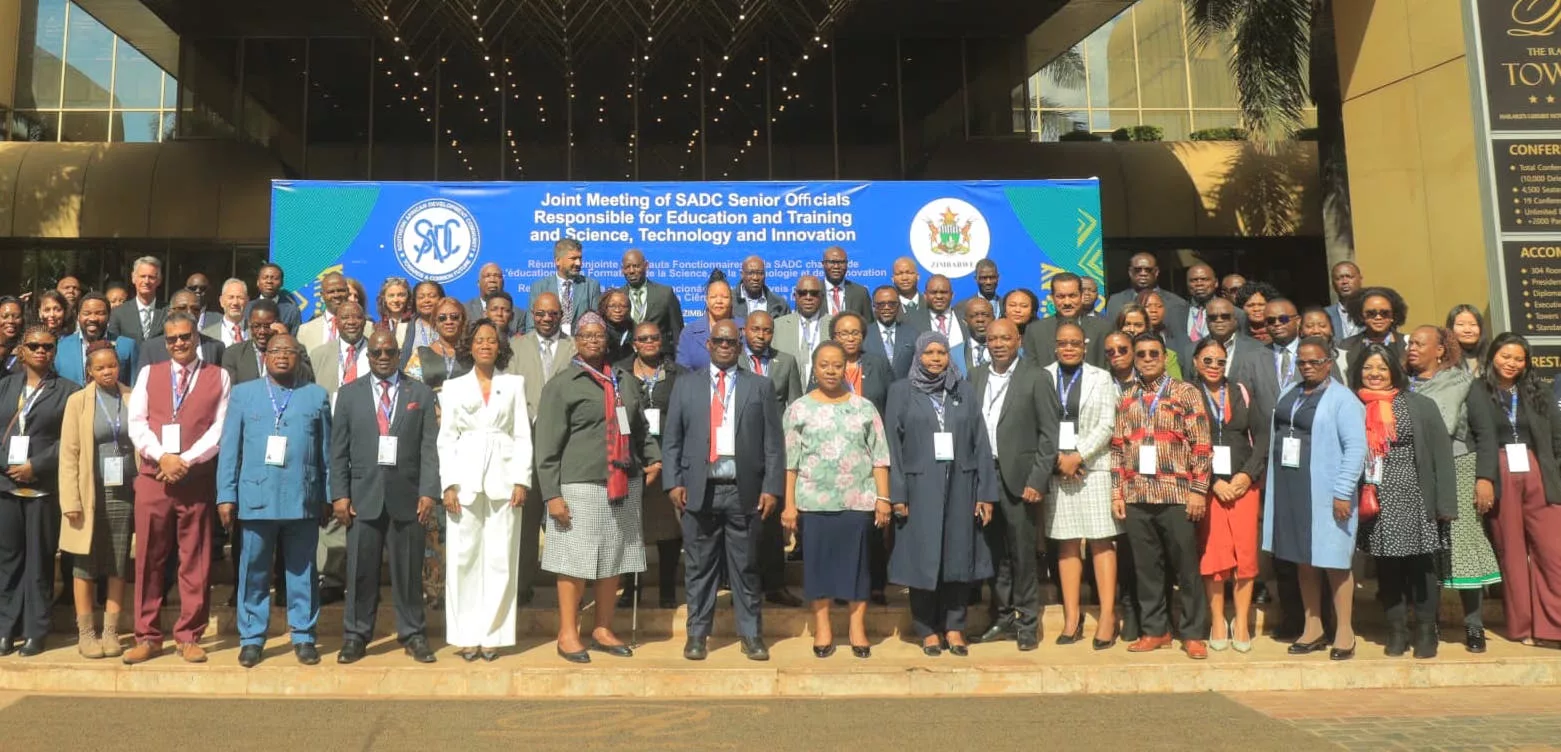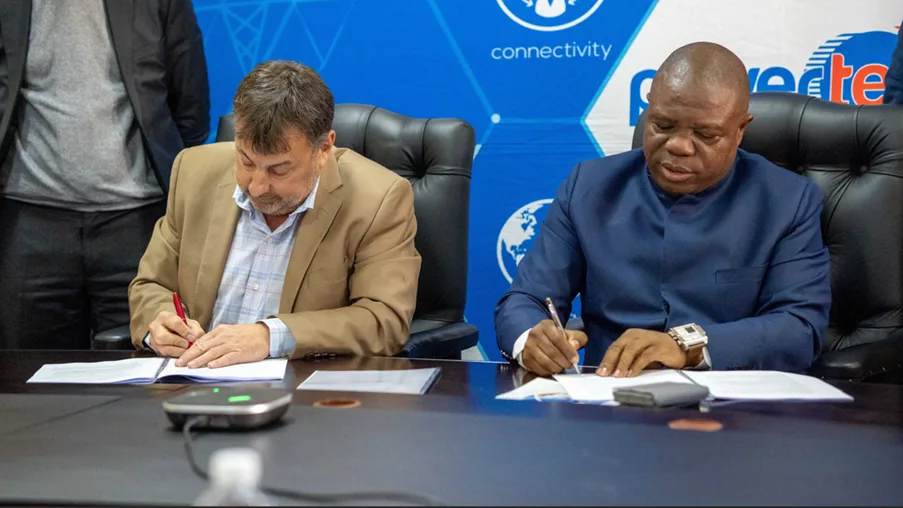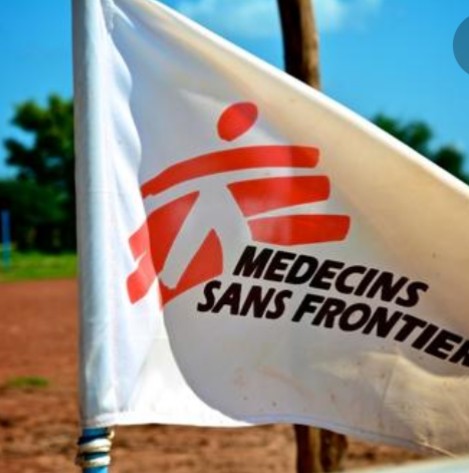The United Nations Educational, Scientific and Cultural Organisation (UNESCO) is partnering stakeholders like the ministries of education and health to reduce early and unintended pregnancies (EUP) among young people so as to foster sustainable development.
Speaking at a Media Capacity Building Workshop in Mazowe, UNESCO National Associate Project Officer – HIV and Health Education, Mr Masimba Nyamucheta said the initiative was in line with the ESA commitment, signed by Ministers of Health and Education from 21 countries in East and Southern Africa in 2013, that aims to scale up comprehensive sexuality education (CSE) and SRH services for adolescents and young people in the region.
“Ministers committed to work towards towards eliminating all new HIV infections among adolescents and young people; increase to 95% the number of adolescents and young people who demonstrate comprehensive HIV prevention knowledge; reduce early and unintended pregnancies among young people by 75%; and eliminate gender-based violence (GBV) and child marriage by 2020,” Mr. Nyamucheta said.
Communications specialist, Tariro Makanga who was facilitating the capacity building workshop highlighted that addressing EUP is a key development intervention that will directly contribute to the ESA commitment and the UN Sustainable Development Goals (SDGs) of 2015, particularly Goal 3 on Good Health and Well Being; Goal 4 on Quality Education and Goal 5 on Gender Equality.
Mr. Nyamucheta alluded to some of the common drivers of early and unintended pregnancies. He cited poverty as one of the key drivers and said poorest families are unable to afford education and have few options for girls to develop skills to generate income to move themselves or families out of poverty, thus leading to EUP in most instances.
It also emerged that transactional and intergenerational sexual relationships are common. Because of poverty and the need for survival and to obtain material goods that are unaffordable, girls are placed at high risk for unprotected sex with older men thereby leading to pregnancy.
Peer pressure is another key driver of EUP. Many girls admire their friends’ material things and enter sexual relationships if the relationships promises the reward of material goods. EUP is also compounded by factors such as alcohol and drug abuse that lead some youths to engage in sex.
The lack of information sharing and sex and sexuality education in the homes is also fuelling EUP. Many parents feel that contraceptives promote promiscuity, can expose girls to STIs especially if condoms are not used, and can result in girls failing to conceive in future. This partly explains girls hiding the use of contraceptives from their parents, or not accessing them at all.
Many parents do not talk about sex with their children partly because in some cultures like in Uganda and Malawi sex topics are considered a taboo. Even in cases where some parents talk with their girls about sex and growing up, the girls are reported to be keen on experimenting.
Stigma and discrimination of girls who fall pregnant early is common in most societies. Pregnant girls experience stigma at school by teachers and learners, at clinics as well as in the community. They are considered a bad influence, are often shunned and rejected by the male partners, and sometimes their families. The may receive little support, be it emotional or financial.
Many girls risked unsafe abortion to avoid the shame, ridicule, dropping out of school, and responsibility associated with early pregnancy and raising a child.
In addition pregnant teenagers may have difficulty during childbirth, pregnancy related mortality and morbidity, HIV and other sexually transmitted infections (STIs).
UNESCO is calling on stakeholders to intensify advocacy to promote regional agreements such as the ESA Commitment by sensitising ESA countries to the increasing magnitude of the problem and the impact on girls’ education, as well as the implications for economic and social development in the region.
Mr Nyamucheta said it is important to continue to support SRHR/CSE capacity-building for teachers, parents and health care workers and ensure that Life Skills/CSE curricula include strong pregnancy prevention components prior to puberty, and hence start in primary school.
“A formal assessment of the reach and impact of the UNESCO CSE training would be useful to determine achievements of this intervention, and identify geographic and programme areas that will require consolidation as the training continues.
“There is need to strengthen and resource multi-sectoral committees/technical working groups that deal with EUPs. Also critical is the need to develop or finalise learner pregnancy management policies and include practical guidelines and mechanisms to manage learner pregnancy. Stakeholders should disseminate and train education authorities at different levels in learner management and CSE policies. The CSE polices should be examinable for all senior school learners. There is need to include substantial time allocated to high quality, age appropriate sexuality and relationship education as well as improving coverage of Life skills/CSE especially at primary school,” Mr Nyamucheta added.
The call to strengthen poverty alleviation strategies and policies including for young girls and funding or finance programmes for teenage mothers; strengthen monitoring and evaluation frameworks to track pregnant learners to promote re-entry and support, and to monitor implementation of learner pregnancy policies was also topical,






